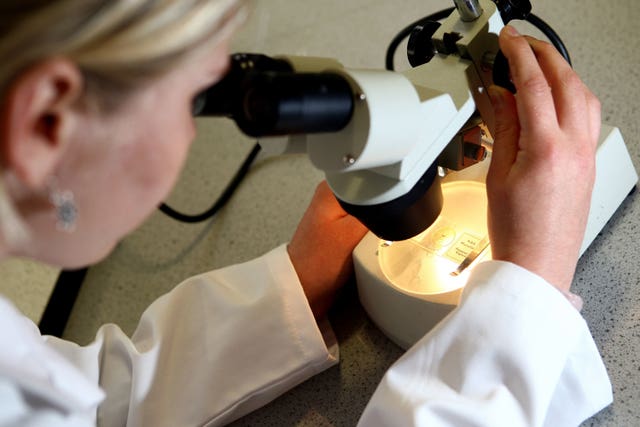White blood cells of immune system can fight Omicron, says new study
Researchers behind the study described the results as ‘positive news’.

A new study has revealed that the white blood cells of the immune system are capable of mounting an immune response against the Omicron variant of Covid-19.
Due to Omicron having a higher number of mutations than other Covid variants, it can sometimes slip past the antibodies created by vaccination or infection.
However, if the virus still does enter the body, the white blood cells, known as T-cells, will attack.
The new research, from the University of Melbourne and Hong Kong University of Science and Technology (HKUST), involved investigators analysing over 1,500 fragments of SARS-CoV-2’s viral proteins – called epitopes – that have been found to be recognised by T-cells in recovered Covid-19 patients or after vaccination.
The team’s findings, published in the peer-reviewed journal Viruses, suggest Omicron is unlikely to be able to evade T-cells, adding to a growing body of evidence from research groups around the world who are also investigating T-cell responses to Covid-19.
University of Melbourne professor and co-leader of the research, Matthew McKay, said: “Despite being a preliminary study, we believe this is positive news.
“Even if Omicron, or some other variant for that matter, can potentially escape antibodies, a robust T-cell response can still be expected to offer protection and help to prevent significant illness.
“Based on our data, we anticipate that T-cell responses elicited by vaccines and boosters, for example, will continue to help protect against Omicron, as observed for other variants. We believe this presents some positive news in the global fight against Omicron.”
According to the researchers, the most concerning aspect of Omicron is the abundance of mutations in its spike protein, which is the primary target of Covid-19 vaccines. The spike enables the virus to attach and enter cells in humans.

Current vaccines induce neutralising antibodies aimed at blocking this process, however these antibodies have been reported to be less effective against Omicron compared with previous variants.
In analysing virus epitopes from the spike protein that are targeted by T-cells in vaccinated or previously infected individuals, the study found that only 20% showed mutations associated with Omicron.
Even then, these mutations do not necessarily mean the virus will be able to evade the body’s T-cells, researchers said.





